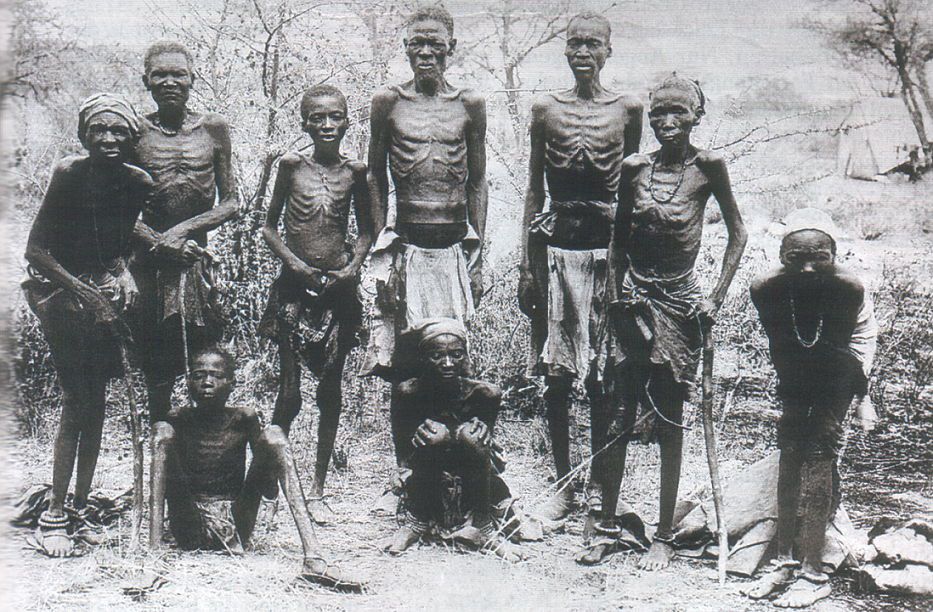Black and German: news anchor Jana Pareigis has spent her entire life being asked about her skin color and afro hair. What is it like to be Black in Germany? What needs to change?
German racism

Esther Fordham was a Black woman who, born October 9, 1925 in Hamburg, Germany, came of age during the Nazi era. In this December, 1995 conversation with artist Frank Fitzgerald, Esther discusses her youth, schooling and the reaction of classmates and adult Germans to her specialness. As world conditions darken and war grows to become the norm, she finds discrimination, fear, sorrow and horror, but also generosity and hope.

“La politique touche à tout et tout touche à la politique. Dire que l’on ne fait pas de politique, c’est avouer que l’on a pas le désir de vivre.”
“Politics touches everything and everything touches politics. To say that you don’t play politics is to admit that you don’t want to live. ”

“I associated Black skin with superiority, since our servants were white,” said Mr. Massaquoi.

Imperial Germany and its genocidal greed.

Black people were among the victims of the Nazis. The documented case of Mahjub bin Adam Mohamed also offers insight into Germany’s colonial past.

“In 15 years little will be left for the natives, but we must keep this secret, for otherwise a revolution will be unpreventable.”

Their tight schedule included several performances a day — from morning to evening they were gawked at.

Michael survived the Nazi era, but even after 1945 he continued to live in hiding to avoid racists. His friends and colleagues wanted to leave Germany for the US as soon as possible.

